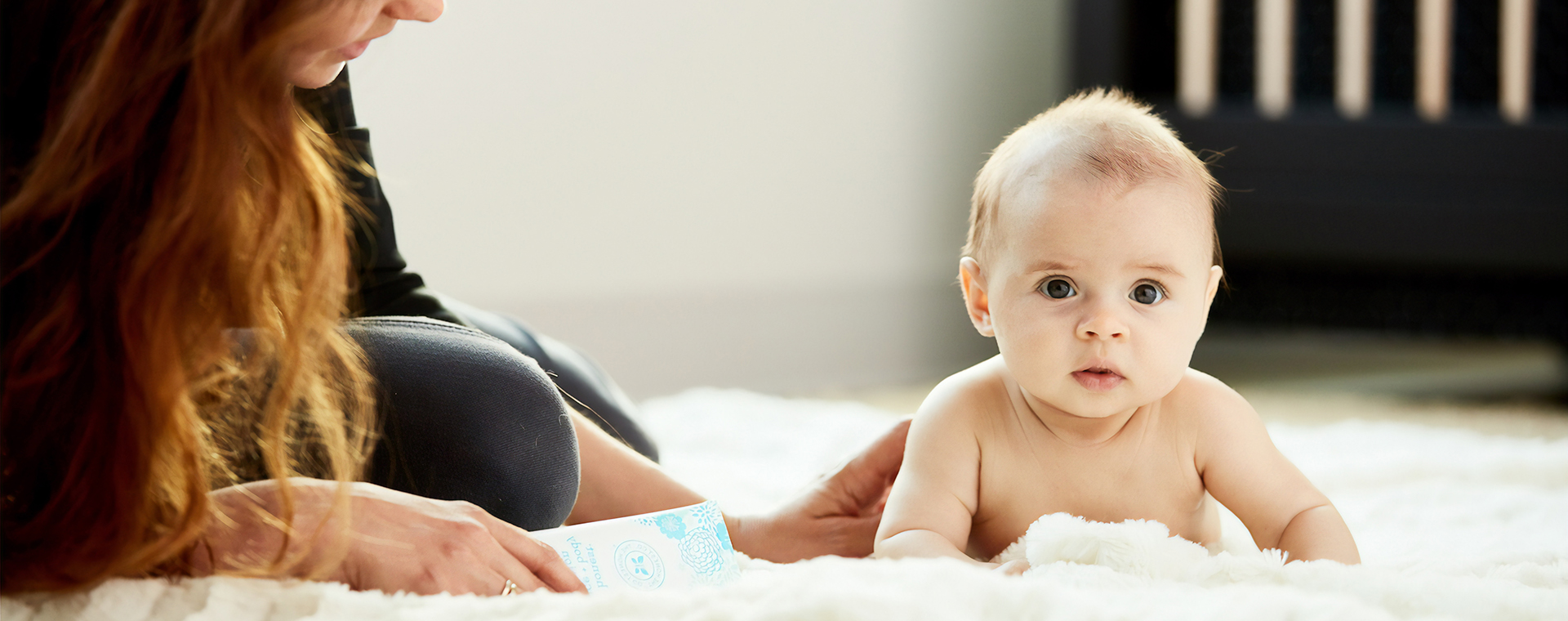Search

AuStralian Collaboration to Enhance Neuro-Development

The Sibling Project focuses on the wellbeing, relationships and needs of children, adolescents and emerging adults who have a sibling with a developmental disability.
o help raise the profile of student wellbeing in the education system in Australia, The Kids Research Institute Australia and SA Department for Education through the Fraser Mustard Centre, set out to adapt and trial a population-level student wellbeing measure that could be used across the entire public and p
Support services to the Department of Education and Training and the AEDC State and Territory Coordinators and their support staff across Australia.
The Language in Little Ones (LiLO) study is a five-year longitudinal study (2017-2021), funded through the National Health and Medical Research Council. The study investigates the quantity and quality of language exposure in the home environment during the first five years of a child’s life.
In South Australian schools, students in Grade 4 to 12 are invited to participate in an annual survey about their wellbeing and engagement in school, referred to as the Wellbeing and Engagement Collection.
The aim of the WEC is to help teachers, school leaders and policy makers better understand and support the wellbeing and engagement of their students.
The goals of the current study were to identify different trajectories of sadness from Grade 6 to 9 in Australian school students, and to explore the role that social support from school, teachers, friends and families play in supporting students’ mental health.
It has been well established that children's development at school entry is associated with their later academic achievement, but less is known about whether there is also an association with other measures of school success, such as students' social and emotional wellbeing.
We are studying immune cells from identical twins of which one suffers and one does not suffer from allergic disease to identify specific mechanisms that may play important roles in disease development.
